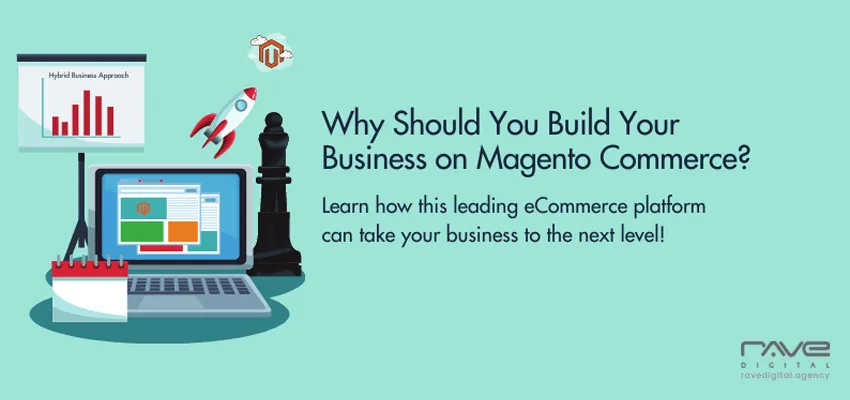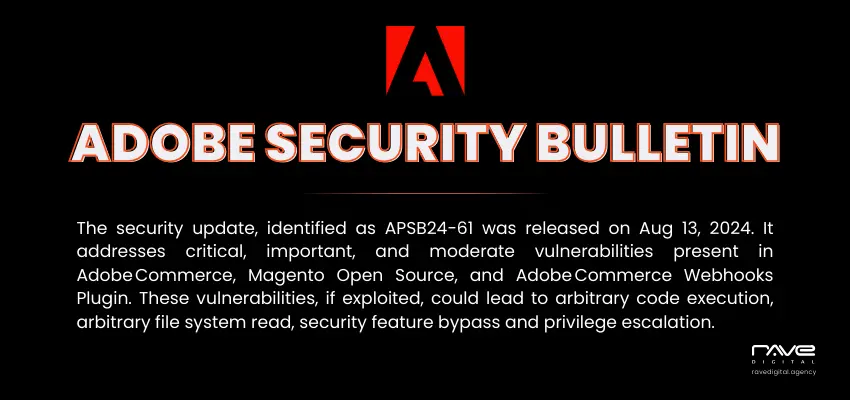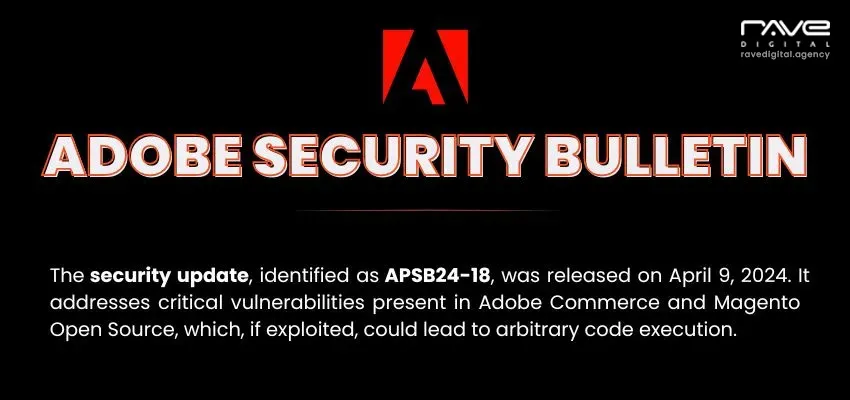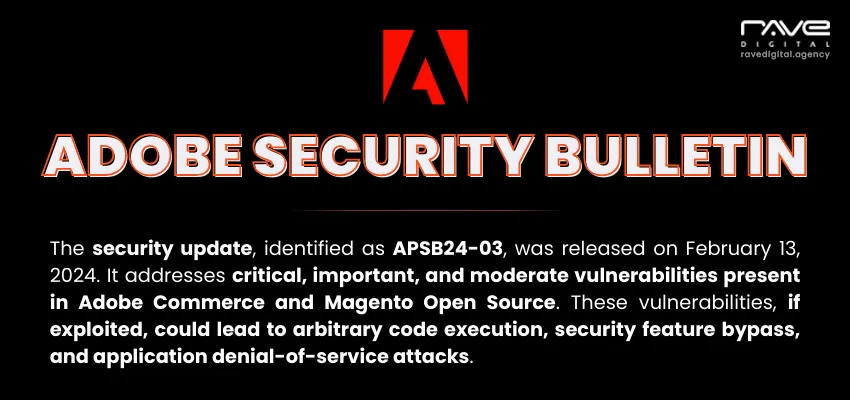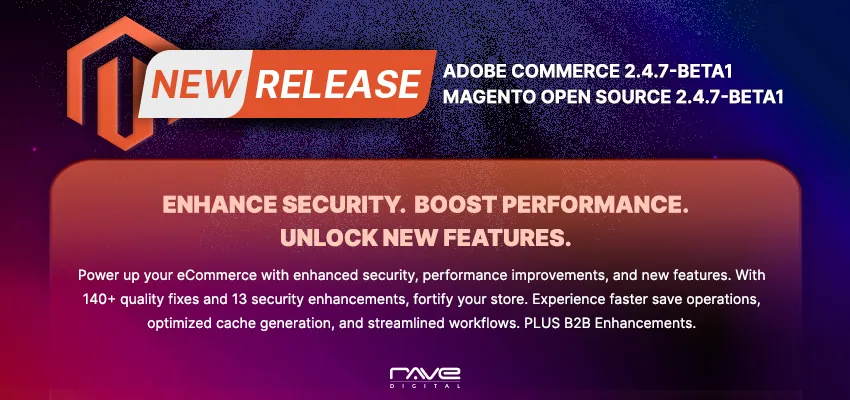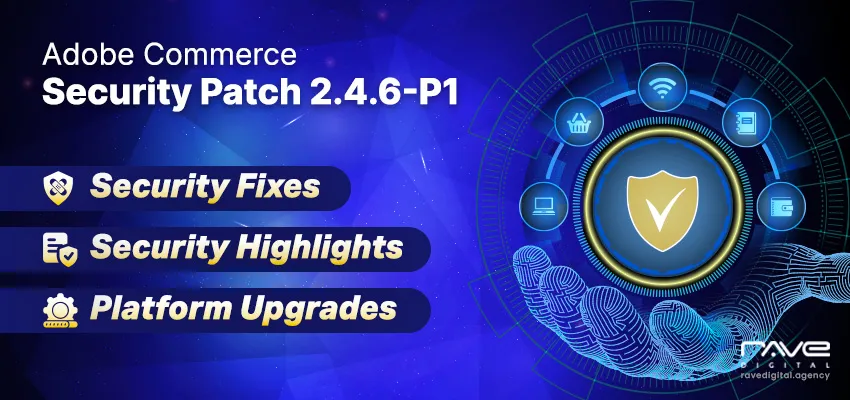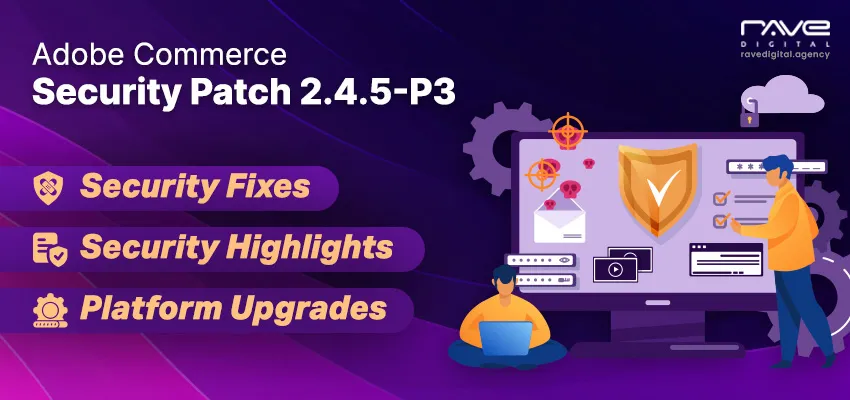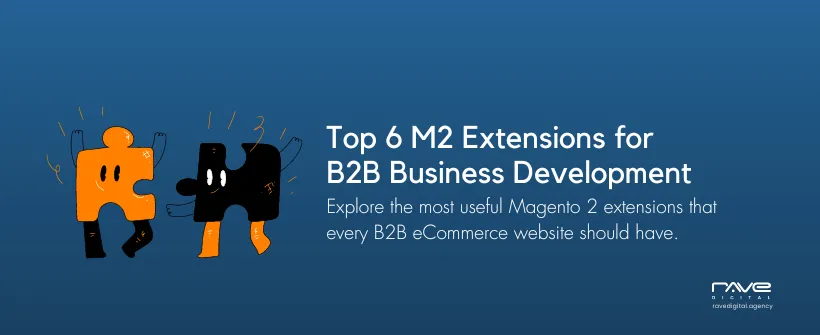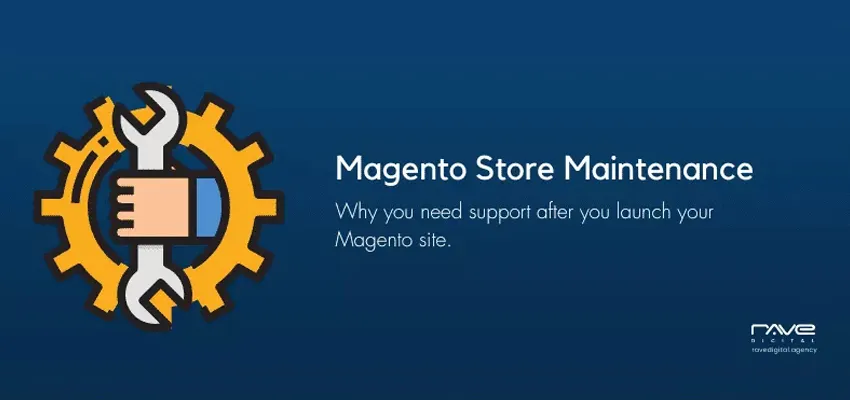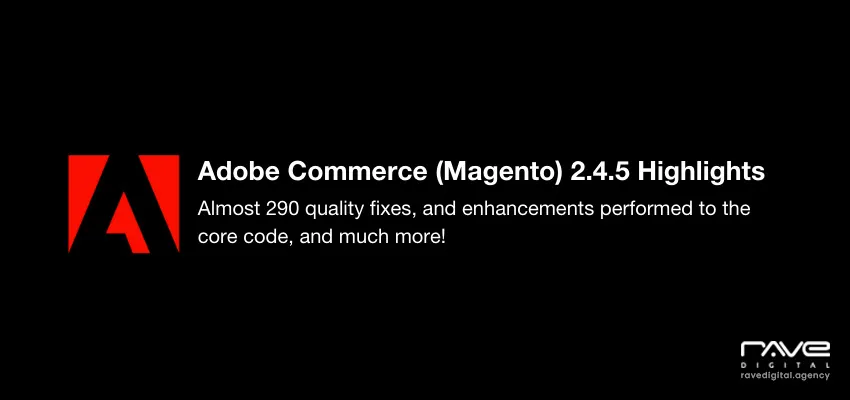With people rapidly adapting to digital technologies, the dynamics of eCommerce are constantly evolving. In order for businesses to compete in evolving markets, they require more complex B2B, B2C/hybrid business strategies. The demand for flexible, intuitive eCommerce solutions is at an all-time high and has become mandatory to capitalize on modern-day opportunities and meet the growing needs and demands of today’s consumer.
Magento has established itself as a premium eCommerce platform by pressing upon the idea that every business is unique and merchants with diverse requirements need distinct solutions to excel within emerging spaces and industry verticals.
To meet the increasing demand placed on merchants, Magento offers three distinct platforms, all of which cater to B2B, B2C, or hybrid business merchants. While choosing the most appropriate of the three platforms for your business requires a little bit of homework, the decision-making process is not as very difficult when the platforms are compared side-by-side. If you would like to view a detailed comparison you can do so here.
Now, let’s dive deeper into what Magento commerce is all about and which must-have B2B features it includes, designed to take your B2B business to the next level.
Why choose Magento for my business?
Magento offers businesses a capacity to host both B2B and B2C on the same installation. You can display your services/products with different catalogs, pricing, payment options on each site with ease.
When it comes to B2B eCommerce, it is important to note there is no longer a one size fits all approach to managing your online business. On the contrary, with the evolution of online commerce, today’s B2B customers have come to expect B2C experiences.
1. Supporting Unique Buyer Needs
With individuals and businesses increasingly adapting to eCommerce trends, buyers have come to prefer purchasing online. And as B2B marketplaces evolve, buyers now expect intuitive online buying experiences, mirroring that of B2C.
And if you’re not able to meet consumers’ demands, be sure, your competitors will.
Hence the importance of integrating key B2B functionalities, as follows:
- Requisition lists for fast, frequent purchases
- Quick Order Entry, without browsing through the site
- Rapid reordering from previous orders
- Wish Lists (for B2C)
- Viewing credit balances, past orders, and shipping information
- Comprehensive Product Information
2. Promoting Flexible Business Efficiency
Businesses are all about managing multiple verticals in sync with each other. Hence you might find most digital leaders keen on learning how to manage a plethora of people, tools, and organizational executions to keep their businesses moving forward.
While managing a business, you should leverage technology to increase productivity and efficiency rather than add complexity around it. You may be curious how an integrated set of B2B features within a unified platform reduce business complexities. We break it down in a simplified manner below:
- Simplified management: Magento Commerce is encapsulated with B2B features, fostering a nimbler organization equipped with Magento B2B key functionalities, which assists in easy management through admin.
- Allows you to expand: Magento Commerce presents merchants everything required for them to thrive their business online. Once you partner with a reliable Magento development agency or company, they can handle all the challenging (technical) tasks and you can focus on expanding your business.
- Enterprise-grade shopping cart experience: Magento Commerce is a robust platform that allows tantalizing opportunity to perform significant customization and create an enterprise-grade shopping experience.
3. Serving Seamless Experiences
B2B buyers and B2C shoppers both have come to expect compelling experiences; however, their shopping needs are distinct. Ideally, your eCommerce store must have the ability to manage the nuances of your audience’s shopping patterns and easily adapt those experiences from a single interface.
Customizing website sections and/or functionalities geared toward specific audiences have the power to deliver experiences tailored to specific audience needs, adding value to their experiences, thereby building loyalty, and in the process increasing retention and conversion rates.
As per Magento eCommerce experts, most businesses begin with creating a fundamental consumer-centric strategy. Once personas are defined, and strategies around those audiences are laid out, it is time to develop an eCommerce solution to support the business. Each business will have unique levers and will demand varying onsite functionalities to support business growth. For some businesses custom promotions will be king, while others will focus more heavily on content delivery or flexible purchasing options.
With Hybrid business models becoming the norm, companies’ needs have grown, and now require an eCommerce platform that can deliver unified experiences across both their B2B and B2C users, and streamlining the management of those audiences into one system.
Selecting a unified eCommerce platform offers businesses the ability to advance their capabilities and functionalities for a variety of B2C and B2B business requirements, including the following:
- Multi-site management capabilities (for diverse product lines, brand, and geographies)
- Fulfillment options to meet individual as well as bulk shipments requirements
- Segmenting and targeting of customers to send them distinct product recommendations and promotions
- Custom catalogs and price-lists
Wrapping it Up

Organizations no longer compete merely on pricing or quality. Being competitive now includes ongoing delivery of engaging content, user-specific interactions, and personalization throughout every phase of the customer journey. And the ability to deliver these experiences will ultimately determine the level of success of today’s B2B and B2C businesses alike!
